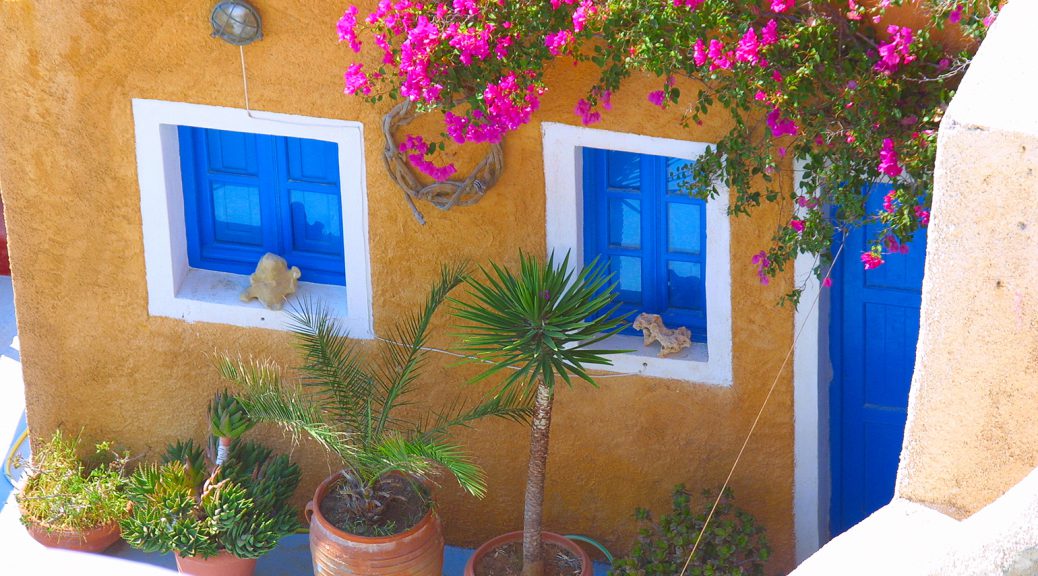Robert* fell head over heels for a million-dollar home in Costa Rica and closed the sale while he was there. Barely a year later, he asked us how to sell his property without losing all of the money that he invested.
“His home definitely wasn’t worth a million… it never was,” states Louise Rémillard, a realtor specialized in foreign properties.
“If we think a foreign property is a good deal based on our frame of reference, it might not be after all,” she adds. “This is why you need to deal with a professional that knows the local market.”
Local expertise is key
“It’s impossible to know the ins and outs of every country,” notes Rémillard.
“You’d want to work with a realtor specialized in the country — and region — that you’re interested in.”
To find the right professional, contact a Canadian realtor affiliated with an extensive international network who can put you in touch with an expert in the region. Your local advisor can help you determine the best location for your needs, what you should budget, financing conditions and the regulations in effect. They can also help you figure out the local paperwork, which is often in a foreign language. Remember that what may seem straightforward at first can quickly become complex if any issues come up.
“You want to avoid paying too much, or buying a property on the wrong beach, where you can’t swim with your grandkids,” says Rémillard. “And it can be costly to buy a condo in a complex with a mismanaged contingency fund.”
A good investment?
Real estate professionals can point you in the right direction and show you good offers. They’ll also know the impact that the exchange rate will have on your return on investment. The same goes for the health and dynamics of the local market.
According to Rémillard, you should buy foreign property for pleasure, not income. It’s hard to make a profit on rent when you factor in the annual costs associated with property ownership, realtor fees, a big down payment, mortgage payments, taxes, and more.
“People only buy income properties in Florida, which has a significant population of snowbirds,” adds Rémillard. “But given the weak Canadian dollar, it’s hard to come out on top.”
A pied-à-terre that’s anything but free
“You can’t leave a property empty for months,” explains Rémillard. “You’ll need to hire a house-sitter to take care of the routine maintenance.”
Their rates vary from country to country, but don’t be surprised if it ends up costing you as much as your mortgage payments. In Canada, a foreigner with a second home in the countryside can pay between $15,000 and $20,000 a year for these services.
Hiring a house-sitter is more than just a precaution. It’s often required by insurance companies, who aren’t as inclined to insure unoccupied properties.
Every year, you’ll also have to budget for local taxes, utilities (electricity, heating, air conditioning, etc.) and transportation to your property.
“This type of purchase is suited to a particular clientele,” sums up Rémillard.
Of course, if you decide to buy a home in Italy, you’re listening to your heart but this doesn’t prevent professionals from getting involved. They’ll be more rational, and help you keep your feet on the ground.
*Fictional name.
Want to learn more about real estate?
For more information or to make an appointment with a Mortgage Development Manager, please visit the Mortgage Financing Advisors section of our website.
The contents of this article are provided for information purposes only, and are not comprehensive. They do not create any legal or contractual obligations for National Bank or its affiliates. For information on your financing options, please consult your National Bank real estate specialist.
© 2018 National Bank Canada. All rights reserved. Any reproduction in whole or in part without the prior written consent of National Bank of Canada is strictly prohibited.
